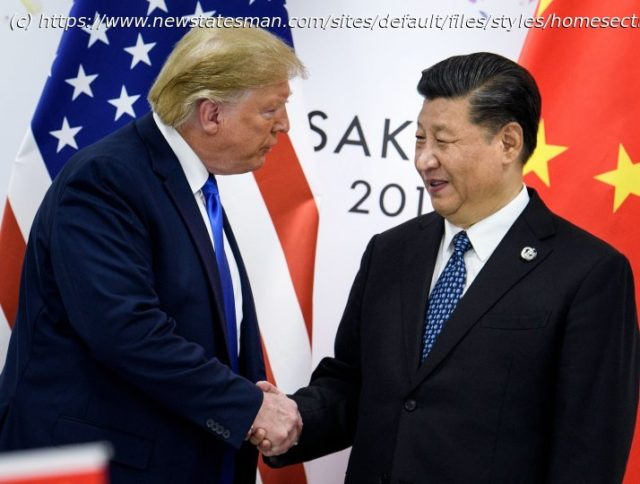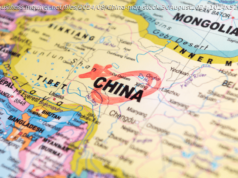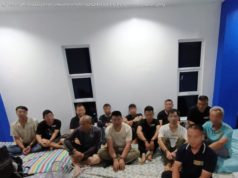The US president’s past relationship with his Chinese counterpart could come back to bite him.
You are browsing in private mode. To enjoy all the benefits of our website LOG IN or Create an Account As the pandemic has spread around the world this year, a new rhetoric about being “tough” on China has unfurled throughout political conversation in the United States. On 23 July the US secretary of state, Mike Pompeo, delivered a speech on China at the Richard Nixon library effectively declaring the era of engagement over. “If we want to have a free 21st century, and not the Chinese century of which Xi Jinping dreams, the old paradigm of blind engagement with China simply won’t get it done. We must not continue it and we must not return to it,” Pompeo said. Pompeo’s speech followed the US administration’s decision to close China’s consulate in Houston after US officials alleged it was part of a Chinese espionage effort. Donald Trump has also revived his reference to Covid-19 as the “China Virus” (over the objections of those who feel the phrase makes Asians and Asian-Americans in the US less safe), and his government is reportedly considering barring Chinese Communist Party members and their families from travelling to the US. But if Trump wants to be the tough-on-China candidate in the upcoming US election, he will face both competition from the presumptive Democratic nominee, the former vice president Joe Biden, and from the ghostly contradictions of his own track record. Until recently, Trump sang a different tune towards his Chinese counterpart. In the spring of 2017, when Trump met Xi Jinping, at Mar-a-Lago, Trump’s Florida club, the two shared “the most beautiful piece of chocolate cake you’ve ever seen”. This was according to Trump, who also said that the pair had “great chemistry”. In 2019, if one believes what the former national security adviser John Bolton wrote in his book, The Room Where It Happened, Trump thought that China’s detention of Uighurs in camps in Xinjiang was “exactly the right thing to do”.






